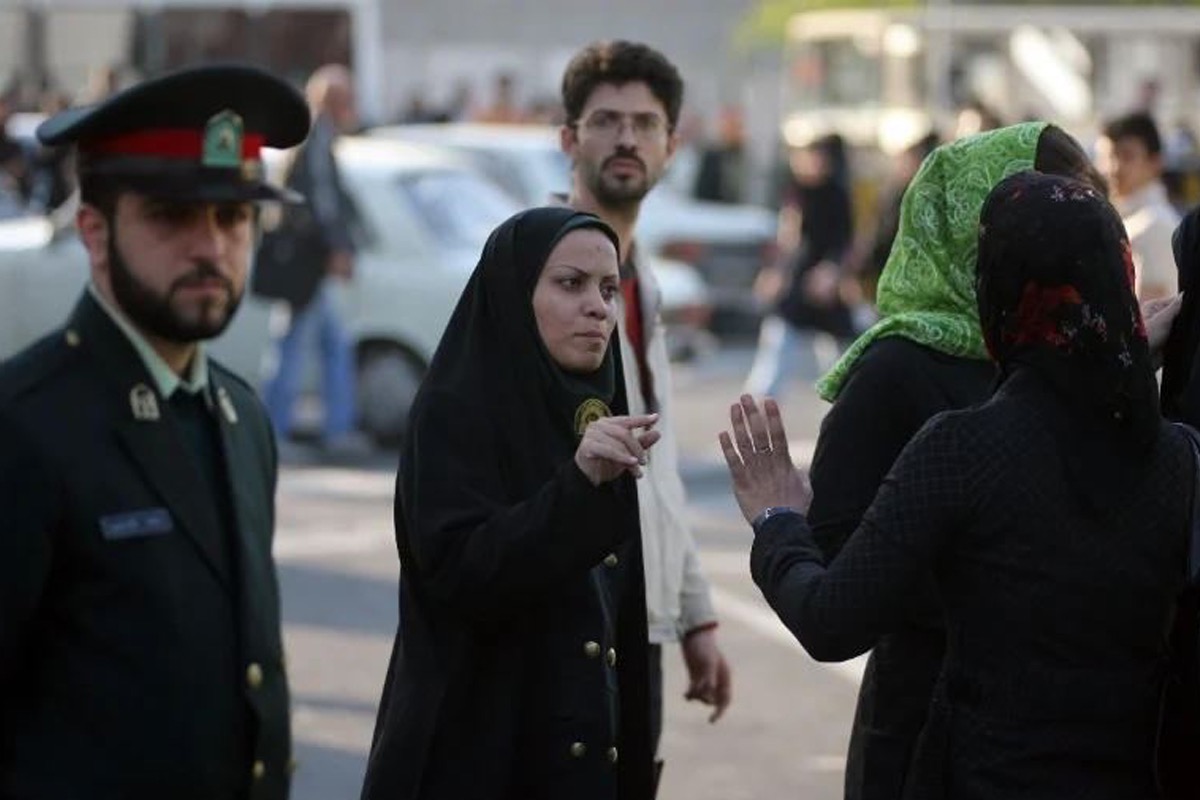Iran has done away with its morality police in face of massive protests triggered by the arrest of young woman Maha Amini for allegedly violating the hardline Islamic regime’s strict female dress code, and her death in custody.
“Morality police have nothing to do with the judiciary and have been abolished,” said Iran’s attorney general Mohammad Jafar Montazeri, reported news agency AFP quoting local media.
Widespread protests, led by Irani women, took Iran by storm after the 22-year-old woman of Kurdish origin died on September 16, three days after her arrest by the morality police in the capital Tehran.
The morality police or the Gasht-e Ershad or “Guidance Patrol” were constituted by president Mahmoud Ahmadinejad to “spread the culture of modesty and hijab (mandatory head cover)”. It started patrols in 2006.
A day before, the Irani attorney general said that both parliament and the judiciary were working to ascertain whether the law mandating women to cover their heads should be changed.
On television, Irani president Ebrahim Raisi appeared to indicate a flexible implementation of the constitution which, he said, was based on the country’s republican and Islamic foundations.
The cleric regime made it mandatory for women to wear head scarves four years after coming to power as a result of the 1979 revolution that overthrew the US-backed monarchy.
In its initial days, the morality police issued warnings before taking strict actions like arrests. The police teams consisted of men in green uniform and women black chadors, covering head and upper body parts. The role of the morality police has evolved over years, but has always been controversial in the political circles and attracted criticism from across the world.
Under former president Hassan Rouhani’s moderate Islamic rule, clothing norms changed and girls in tight jeans and colourful headscarves started appearing in public places.
However, all gains were lost in July when ultra-conservative Raisi took over as the next president in July this year. Soon after taking over power, he called for mobilising all state institutions to enforce the headscarf law. He accused “enemies of Iran and Islam” of targeting the cultural and religious values by spreading corruption in Islamic society.
Notwithstanding the new diktat, many women continued wearing tight jeans and loose headscarves in major cities and towns of Iran.
Saudi Arabia had also introduced morality police but it has been on the sideline since 2016 in a bid to shrug off its radical image.










